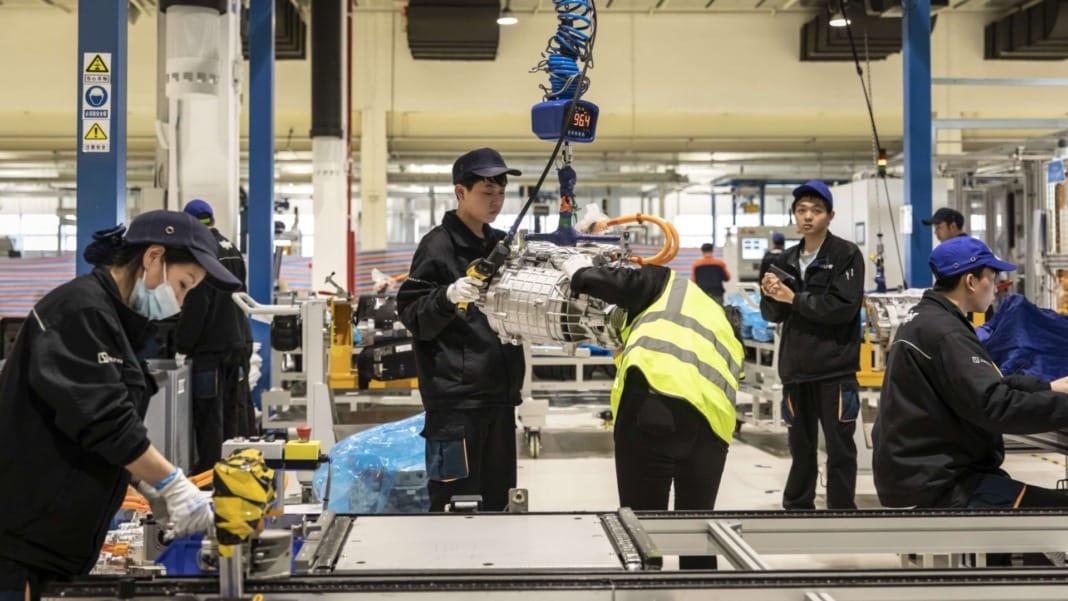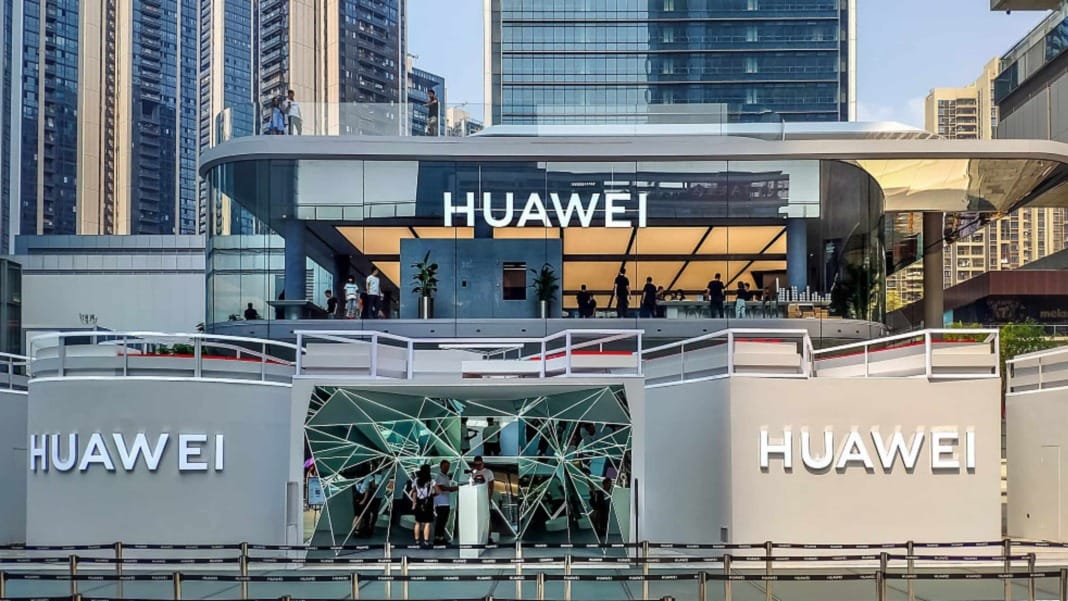China’s top electric vehicle (EV) manufacturers are preparing for a promising 2024, buoyed by a resurgence in the sector. This revival, which follows a period of intense competition, is largely attributed to the instrumental role of government subsidies and a renewed consumer interest in EVs.
Market rebound driven by subsidies
Major players in the EV market, including Nio, Xpeng, and Li Auto, have all experienced the effects of a recent price war. This fierce competition, which led to a 10% average price reduction across 50 models from various brands, resulted in the exit of several weaker players. However, with the introduction of new government subsidies, these leading companies are optimistic about a surge in sales for the three months ending in June.
“The subsidy for EV purchases has significantly boosted the top players,” said Phate Zhang, founder of the Shanghai-based EV data provider CnEVPost. “There are also rising expectations that the intense price war will soon end, helping these companies to increase their vehicle margins.”
In late April, Beijing announced a game-changing move that could accelerate the adoption of EVs in China, the world’s largest EV market. Buyers of EVs replacing their petrol cars would receive a subsidy of 10,000 yuan (US$1,380), available until the end of the year. This significant subsidy is expected to fuel the growth of the EV market, where sales account for about 60% of the global total.
According to a May research note by Everbright Securities, this subsidy could boost EV sales by as many as 2 million units in 2024 as China’s auto industry speeds up its transition to electrification.
Predictions and market strategies
Since the inception of subsidies in 2009, China’s EV market has witnessed a significant fourfold increase in sales. Looking ahead, Shanghai-based Nio anticipates a potential 86.3% increase in deliveries from April to June, reaching 56,000 units. Guangzhou’s Xpeng expects second-quarter sales to rise by up to 46.6%, totaling 32,000 units, while Beijing’s Li Auto projects a 27% increase in quarterly deliveries, potentially reaching 110,000 units.
Only Li Auto has managed to turn a profit among these three leading EV manufacturers. Deutsche Bank has forecasted that margins at Nio and Xpeng will improve this year, driven by higher sales volumes, an improved product mix, and potentially reduced promotional activities.
All three companies produce battery-powered cars with advanced features such as autonomous driving technology and voice-activated control systems.
Nio recently launched its mass-market brand, Onvo, to expand its market reach. The first model, the L60 sport-utility vehicle, is priced at 219,900 yuan, significantly undercutting Tesla’s Shanghai-made Model Y by 30,000 yuan, or 12%. Nio’s CEO, William Li, stated that the new brand will contribute positively to the company’s profitability once monthly deliveries exceed 20,000 units. The L60 is expected to enter mass production and start deliveries to mainland customers in September.
Similarly, Xpeng plans to introduce a mass-market brand offering more affordable vehicles for middle- and low-income consumers.
Industry consolidation is expected
As the intense competition in the EV market continues, Nick Lai, an analyst with JPMorgan, anticipates a significant shift. “It’s clear that we don’t need 100 brands in the Chinese auto market,” he said. “Some will be forced to exit, and some will stay. We can expect transformative consolidation in the industry.”
China’s EV sector, a crucial driver of the economy, is projected to grow by 20% this year, compared to 37% in 2023, according to a November forecast by Fitch Ratings. BYD, the world’s largest EV maker, initiated the sector’s first significant price cut in February. BYD slashed the prices of nearly all its cars by 5 to 20% to accelerate the shift from petrol to electric vehicles. Since then, prices for 50 models from various brands have dropped by an average of 10%, according to Goldman Sachs.
A further price cut of 10,300 yuan per vehicle by BYD, representing 7% of the company’s average selling price, could potentially drive the entire industry into losses, warned the US bank.





